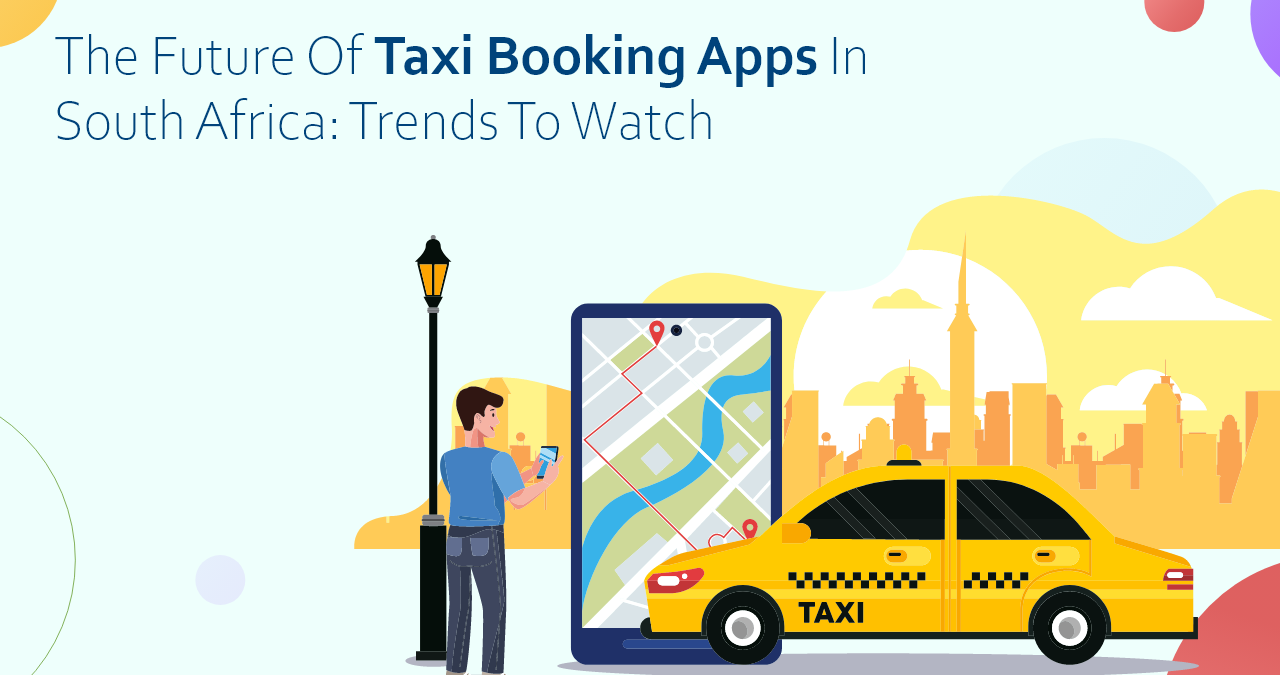Taxi booking apps have gained significant traction in South Africa, transforming how people navigate urban and rural areas alike. With rapid technological advances, increasing smartphone penetration, and growing demand for convenient transport options, the future of taxi booking apps in South Africa taxi app holds considerable potential. This article explores the emerging trends shaping the future of these apps, highlighting innovations and key shifts that could redefine the country’s transport landscape.
Growing Demand for Safe and Affordable Transport
One of the most significant trends influencing taxi booking apps in South Africa is the demand for safe, reliable, and affordable transportation. As urbanization continues, people increasingly rely on taxi booking apps to offer them safe and convenient options. Security features such as real-time tracking, driver background checks, and in-app emergency assistance have become vital, reflecting the necessity of building trust within communities. Ensuring affordability remains a challenge, but many platforms are exploring ways to make services accessible to more South Africans through competitive pricing, ride-sharing options, and incentives.
Increased Focus on Cashless Payments and Digital Wallets
Cashless payments are becoming the norm in South Africa, and taxi booking apps are at the forefront of this shift. Digital wallets and payment platforms are gaining popularity, allowing users to pay directly through the app without needing cash. This trend has been especially valuable in promoting safety for both passengers and drivers. Moreover, integrating payment options such as mobile money and credit/debit card transactions aligns with the increasing reliance on fintech solutions across the continent. As cashless systems continue to evolve, taxi booking apps will likely expand payment options to enhance convenience and security.
Expanding Ride-Sharing and Carpooling Options
As sustainability becomes a priority globally, taxi booking apps in South Africa are seeing a rise in ride-sharing and carpooling options. These eco-friendly alternatives reduce congestion, lower emissions, and make commuting more affordable. Some taxi booking platforms have started implementing carpooling features, allowing users to share rides with others heading in the same direction. With the benefits of reducing environmental impact and operational costs, this trend is expected to grow, particularly in densely populated urban areas.
Leveraging Artificial Intelligence for Enhanced User Experience
Artificial Intelligence (AI) is playing a crucial role in shaping the future of taxi booking apps by enhancing both the user and driver experience. AI-powered algorithms can optimize ride matching, predict user demand, and even offer dynamic pricing based on real-time factors. By analyzing data such as traffic patterns and peak hours, taxi booking apps can provide faster pickups and shorter travel times. AI is also enabling more personalized experiences by predicting user preferences, offering customized promotions, and tailoring suggestions based on usage history. As AI technology advances, its role in creating seamless, efficient user experiences will likely increase.
Integration of Electric and Hybrid Vehicles
With global awareness of environmental sustainability on the rise, South Africa is starting to see a gradual shift toward integrating electric and hybrid vehicles into taxi fleets. While still in the early stages, some taxi booking apps are exploring partnerships with EV (electric vehicle) providers to offer eco-friendly travel options. Although challenges like limited charging infrastructure remain, this trend could shape the future by reducing emissions and promoting green mobility. Over time, as the country invests more in EV infrastructure, the adoption of electric and hybrid vehicles in taxi services could grow significantly.
Embracing Regional Adaptations and Local Needs
Taxi booking apps in South Africa increasingly recognize the importance of adapting their services to local contexts. In areas where infrastructure is limited, certain features may need to be customized for smoother navigation and better service. Some companies are introducing lower-cost options or even motorcycle taxis to cater to rural areas with specific transport needs. Localized adaptations also include providing multilingual support and regional payment methods. This adaptability will be crucial in expanding reach and meeting the diverse demands of South African users.
Conclusion
The future of taxi booking apps in South Africa looks promising, with a range of trends emerging to meet evolving consumer needs. From an emphasis on safety and cashless transactions to the integration of eco-friendly vehicles and AI-driven features, these trends are set to transform the transportation landscape. As taxi booking apps continue to adapt to local needs and embrace innovative solutions, they will play a pivotal role in shaping a safer, more accessible, and sustainable transport system across South Africa. Whether through expanding payment options or promoting environmentally friendly alternatives, the future of taxi booking apps promises a more convenient, user-friendly, and efficient experience for all.



